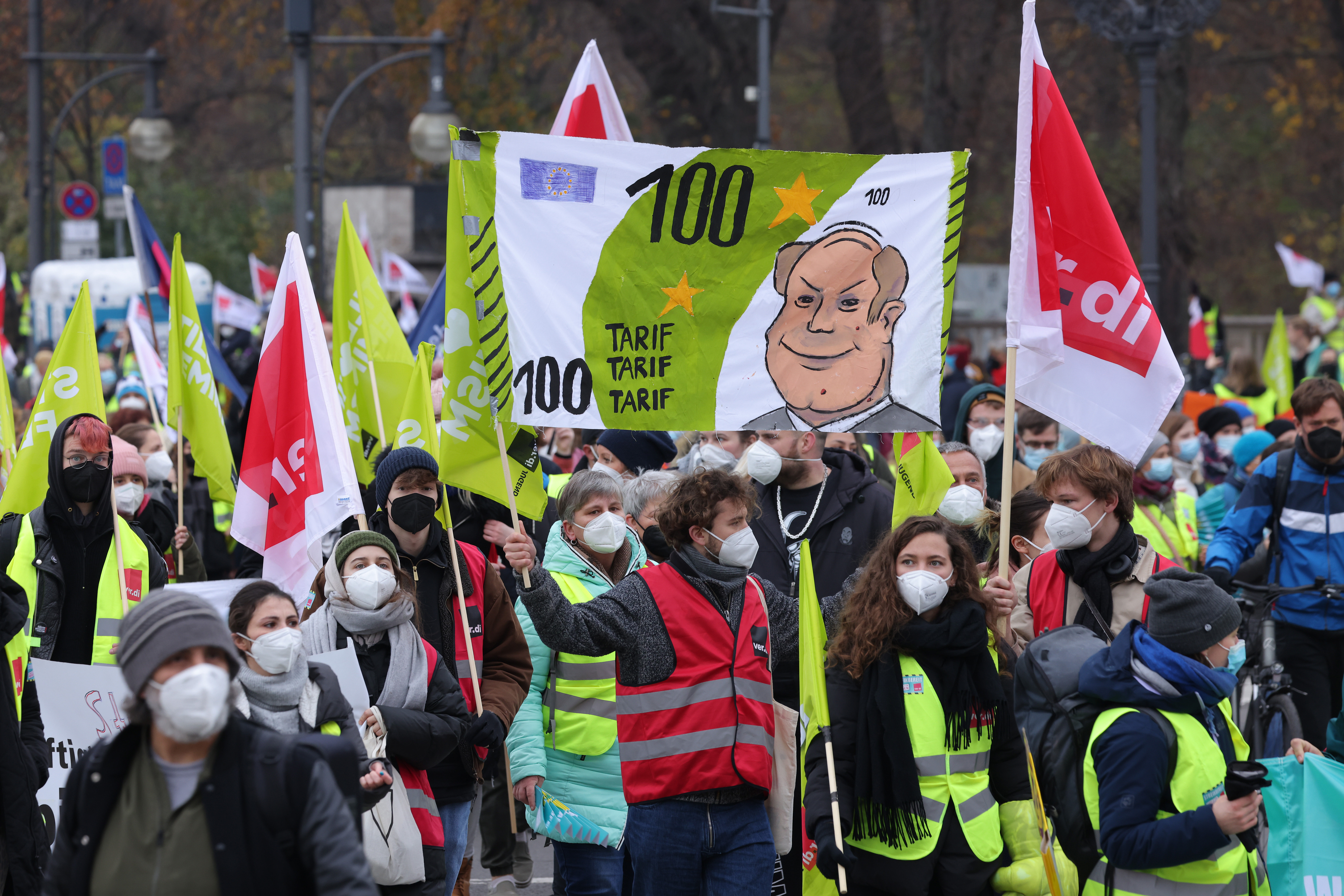In late March, the Green Vice-Chancellor of Germany pleaded with the German people to save energy wherever they could: “Every kilowatt-hour of energy saved helps”, a plea he repeated in June, with a European energy crunch looming.
Apparently Berlin counts on kilowatt-hours, but does not care about terawatt-hours. In 2021 six nuclear power plants produced over 65TW/h, providing no less than 13% of German electricity generated. Three of these plants were closed in early 2022, with the remaining three being phased out in December. Though there have been calls by other European states and by German industry to keep them running, so far the government is not willing to reconsider its original plans.
The coalition government of Social Democrats, Greens and Liberals looks out of touch with a voter base that has recently shifted in a dramatically pro-nuclear direction. Several polls have shown that at least 60% of Germans want to postpone the phase-out of nuclear, including a surprising 61% majority among supporters of the Greens.
Contrary to their politicians, it seems as if the average German has a better grasp on the dire economic outlook the country is facing. Next year’s predicted energy prices are breaking records on a daily basis, having reached over EUR 700 per MWh — compared to an average of EUR 45 between 2010 to 2020.
And the problems caused by energy shortages are beginning to spread and are compounded by other problems: France’s nuclear power plants are currently below 50% availability, and wind forecasts are so low that turbines will not be able to fill the gap. Needless to say, all of this is putting additional upward pressure on inflation.
Germany’s powerful labor unions are beginning to price in expected inflation, pushing the economy ever closer to a wage-price spiral. As Holger Zschaepitz reports, harbour workers, for example, have already signed a pay rise of 9% from July 2022, followed by an agreed hike of 4.4% in June 2023, including a special clause that would allow an increase up to 5.5%. German workers are most likely correct in their assessment of coming inflation, which has not yet trickled down to consumers.
But as Producer Price Indexes (PPI) show, it will happen, and one has to be an optimist to believe that inflation will remain below double digits. The increase in PPI year on year was 37% in July, another negative record for the German economy. Simultaneously, savings of ordinary Germans are being depleted as more and more households have to cope with rising prices.
Combine this with a likely recession across the Eurozone, Germany is facing a perfect economic storm. Unsurprisingly, there are growing political costs for the German government as well — or at least parts of it. Only the Greens appear to be isolated from negative polling trends. Olaf Scholz’s Social Democrats, on the other hand, dropped from 25% to 19%, falling far behind to conservative opposition, which would garner 28% if elections were held today.
Things will get worse before they get better for the Social Democrats. The outlook is bleak. In Germany the next calendar year promises below average harvests, fertiliser shortages and rising food prices. Living standards will fall. Expect the same to happen to Olaf Scholz’s poll numbers.











Join the discussion
Join like minded readers that support our journalism by becoming a paid subscriber
To join the discussion in the comments, become a paid subscriber.
Join like minded readers that support our journalism, read unlimited articles and enjoy other subscriber-only benefits.
Subscribe